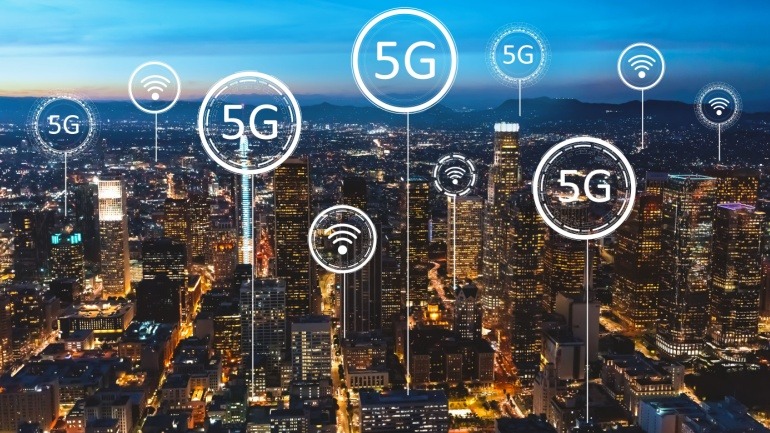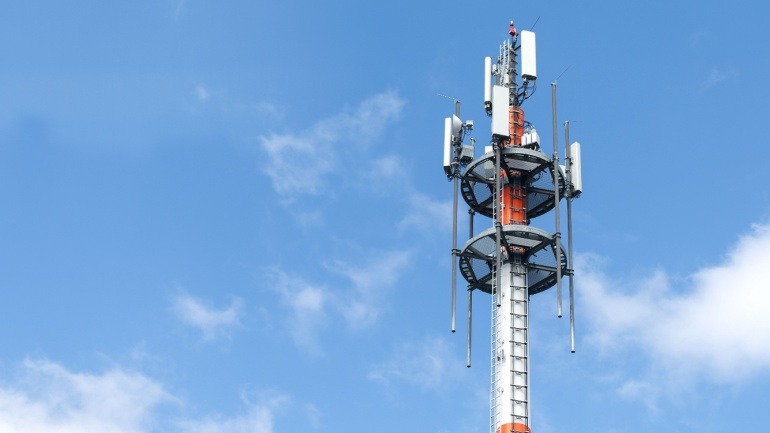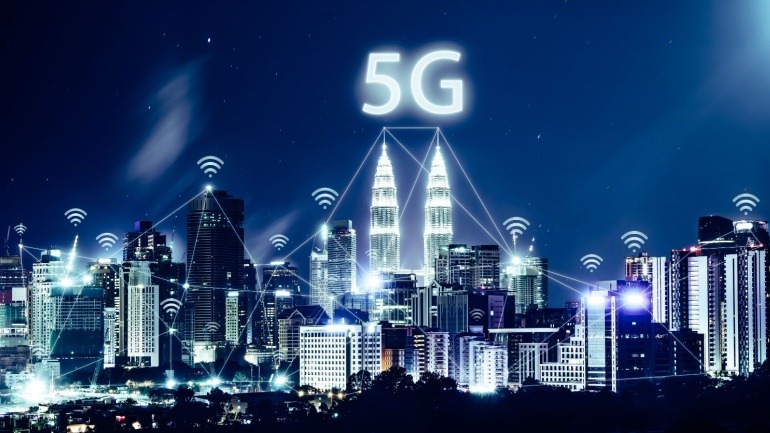EE’s 5G Standalone network expansion in the UK aims to cover 50 cities by month’s end, enhancing connectivity for 28 million people. Offering better 5G availability in regions like Milton Keynes and Sunderland, users will experience smoother video calls, streaming, and gaming, provided they have compatible smartphones from major brands.
Virgin Media O2 has expanded its 5G Standalone services across the UK, now reaching 500 towns and cities. This strategic move enhances enterprise-level connectivity, supporting innovative applications such as autonomous transport and remote healthcare.
Exciting news for VoIP enthusiasts: EE expands its 5G standalone network to 16 more UK locations, promising improved connectivity. By year-end, EE’s 5G coverage will reach 21 million people across 30 towns and cities.
RACSA and Nokia have launched Costa Rica’s first 5G network, targeting key urban centers and marking a major shift in connectivity. With 30 sites already in cities like San Jose, their plan to expand to 500 shows the transformative potential of 5G.
Vodafone’s expansion of 5G Standalone networks in the UK promises transformative enhancements in connectivity for road and rail infrastructure, unlocking an estimated £3 billion annually. For train commuters, improved 5G connectivity could boost productivity by £1 billion and save 26 million hours annually.
This week, French mobile operator Free, owned by Iliad Group, announced the nationwide launch of 5G Standalone (SA) services. This makes Free the first to deploy 5G SA across France, activating it at 6,950 of its 20,000 sites. Experience higher speeds, reduced latency, and innovative applications, all at no extra cost.
Despite the seemingly lagging global investment in standalone 5G networks, promising trends in the telecom sector indicate an upcoming surge. With minimal progress indicated by Global Mobile Suppliers Association’s statistics, the industry pins hopes on major moves from operators like New Zealand’s Spark and Vodafone. Meanwhile, the increasing adoption of 5G SA in private networks for various sectors shows an encouraging forecast. The journey towards profitable 5G investments seems complex, yet strides are being made in the right direction.
Oracle Communications has been chosen by Vodafone UK to lead the network policy for its standalone 5G network. Vodafone will be able to make more intelligent policy decisions and swiftly test and deploy new services using Oracle’s cloud native network policy management technology as part of its 5G core. Customers will be able to get their hands on exciting new 5G options sooner, thanks to this new agreement, which includes holographic calls, lag-free 5G game streaming and film downloads up to 4X faster than 4G networks. The solution, which is comprised of Oracle’s 5G Core Policy Control Function (PCF) and Policy and Charging Rules Function (PCRF), enables the implementation of sophisticated network policies across wireless, fixed and cable networks, as well as IoT and machine-to-machine (M2M) networks. In the case of Vodafone, the solution will provide data from which Vodafone customers may select the optimal network offer…
Ericsson has announced the launch of its Private 5G, which will reshape on-site connectivity by providing secure and simple 4G LTE and 5G Standalone Connectivity (SA), targeting the manufacturing, mining and process industries, offshore and power companies, as well as ports and airports. Ericsson Private 5G enhances and makes business operations using cloud network management easier, keeping sensitive data on-site without downtime, and guarantees high performance under Service-Level Agreements (SLAs). The Ericsson 5G Private network is based on a 4G/5G radio and dual-mode core technology for extensive indoor and outdoor environment use cases, that include tracking assets and real-time automation, a digital twin to help optimize production operations, effective quality checks using augmented reality, and smart surveillance drones. This technology seamlessly merges with a variety of business projects, devices, and applications to increase productivity, deliver new offerings, boost customer engagement, and improve the overall work environment. The…












